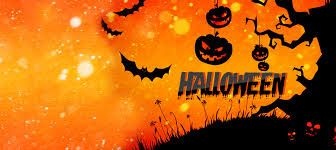
Halloween's origins lie in ancient customs regarding death or the praying for souls.Its origins can be found in ancient celt, christian and roman cultures. Modern day halloween, far from being a festival focused on the negative side of death or souls in purgatory is now embracing a fun side which is reveled in throughout various countries worlwide.
We've all heard the allegations. Halloween is a pagan rite dating back to some pre-christian festival among the celtic druids the escape church suppression. Even today modern pagan and witches continue to celebrate this ancient festival. If you let your kids go trick-or-treating, they will be worshiping the devil and pagan gods.
Nothing could be further from he truth. The origins of halloween are, in fact, very christian and rather american. Halloween are the result of medieval catholic piety.
I 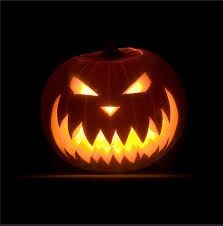
It's true that the ancient celts of ireland and britain celebrated a minore festival on oct. 31 - as they did on the last day of most other months of the year. However , Halloween falls on the last day of october because the feast of all saints or " All hallows" falls on Nov. 1, the dedication day of all saints chapel in St. peter's at Rome. later, in the 840s, pope gregory IV commanded that all saints be observed everywhere. And so the holy day spred to ireland. The day before was the feast 's evening vigil, " All hallows" Even or " Hallows' en. " In those days, Halloween didn't have any special significance for christians or for long-dead celtic pagans.
In 998, St. odilo, the abbot of the powerful monastery of cluny in sounthern france, added a celebration on Nov. 2. This was a day of prayer for souls of all souls' Day' spread from france to the rest of europe.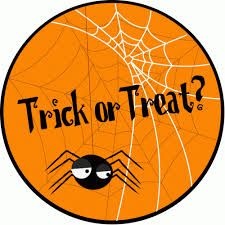
So now the church had feasts for all those in heaven and all those in purgatory? What about those in the other place? It seems Irish catholic peasants wondered about the unfortunate souls in hell. After all, if the souls in hell are left out when we celebrate those in heaven and purgatory, they might be unhappy enough to cause trouble. So it became customary to bang pots and pans on All hallows' even to let the damned knw they were not forgotten. Thus , in ireland . at least , all the dead came to be remembered - even if the clergy were not terribly sympathetic to halloween and never allowed "All damned day" into the church calender.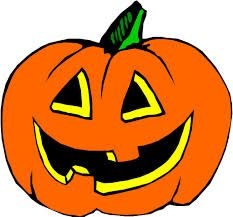
But that still isn't our celebration of halloween. Our traditions on this holiday center around dressing up in franciful costumes , which isn't Irish at all. Rather , this customs arose in france dusing the 14th and 15th centuries. Late medival europe was hit by repeated outbreaks of the bubonic plague - the "Black death" - and lost about half her population. It is not surprising that catholics became more souls ' day, and artistic representations were devised to remind everyone of their own mortality.
We know these representions as the "dance macabre" or "dance of death, "which was commonly painted on the walls of cemeteries and shows the devil leading a daisy chain of people - popes , kings, ladies, knights , monks , peasant , lepers , etc. - into the tomb. Sometimes the dance was peasented an ali soul's day itself a living tableau with people dressed up in the grab of various states of life. But the french dressed up up on all souls ', not halloween; and Irish, who had halloween, did not dress up. How the two became mingled probably happened first in the brirish colonies of north american during the 1700s, when Irish and french catholics began to intermarry. The Irish focus on hell gave the french masquerades an even more macabre twist.
But , as every young ghoul knows, dressing up isn't the point; the point is getting as many goodies as possible. Where on earth did "trick or treat: come in?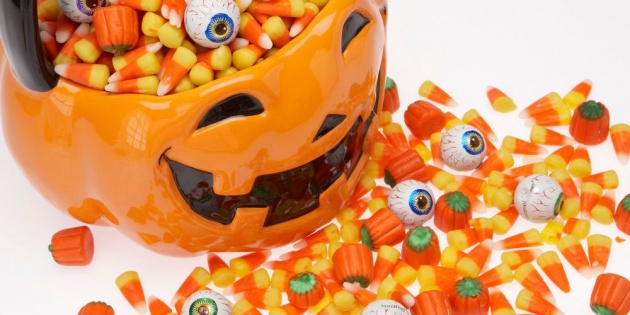
What is the halloween
Posted on at



